The NanoMed Europe 2025 conference, Europe’s leading event in the field of nanomedicine and advanced health technologies, took place from 27 to 30 May. This edition was hosted in Barcelona, coinciding with the 20th anniversary of the Spanish Nanomedicine Platform (NANOMED Spain), which is coordinated by the Institute for Bioengineering of Catalonia (IBEC). Since its establishment in 2005, NANOMED Spain has collaborated closely with the European Technology Platform for Nanomedicine (ETPN) to encourage nanomedicine innovation in Spain and across Europe.
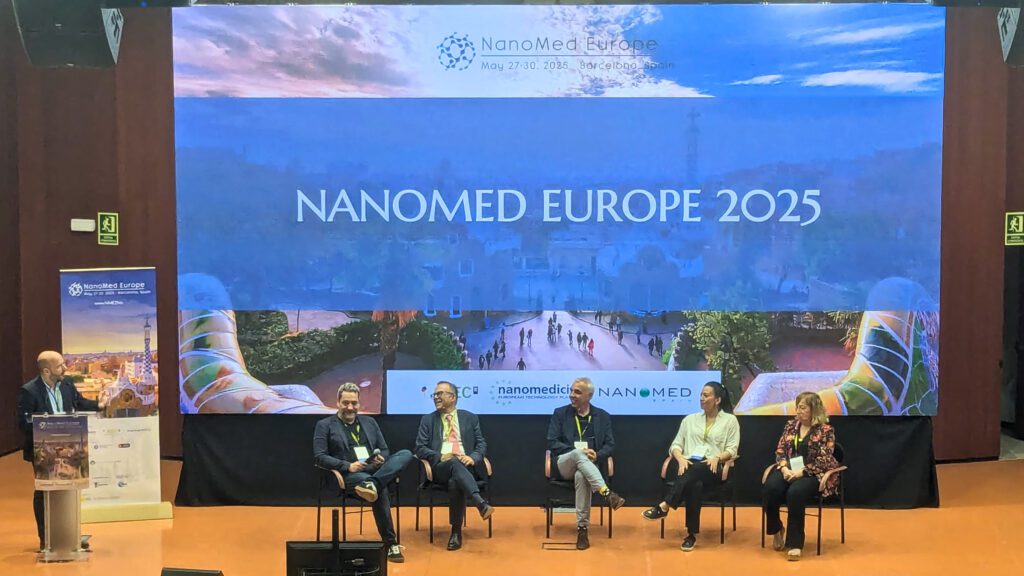
Barcelona became the European capital of nanomedicine from 27 to 30 May with the celebration of NanoMed Europe 2025 (NME25), the leading European meeting in the field of nanomedicine and advanced health technologies. This year’s biennial event was organised to celebrate the 20th anniversaries of the Spanish Nanomedicine Platform (NANOMED Spain) and the European Technology Platform for Nanomedicine (ETPN), who have collaborated since their inception to promote nanomedicine innovation in Spain and Europe.
The 20th anniversary of NANOMED Spain and ETPN is a unique opportunity to celebrate two decades of collaboration, innovation and progress in the field of nanomedicine.
Josep Samitier
Co-organised by the Institute for Bioengineering of Catalonia (IBEC), which has coordinated NANOMED Spain since its inception, together with the ETPN and NANOMED Spain, the event brought together over 300 researchers, healthcare professionals, industry representatives, and policymakers from across Europe. The sessions took place at the University of Barcelona (UB) and the Polytechnic University of Catalonia (UPC), both of which collaborated on the event.
Two decades of scientific impact
Nanomedicine applies advances in nanotechnology to diagnose, treat and prevent diseases, and regenerate tissues and organs. Operating at the nanoscopic scale, where many biological processes originate, this discipline paves the way for more personalised, predictive, preventive and regenerative therapies, as well as remotely managed medicine.
In recent years, nanomedicine has demonstrated its real-world impact in clinical practice. A prime example is the messenger RNA-based vaccines for the prevention of SARS-CoV-2 infection, which use lipid nanoparticles for administration. These vaccines are already on the market and have opened up a wide range of applications for other diseases. Currently, over 90 nanomedicines are approved for treating cancer, fungal infections, rare genetic diseases and macular degeneration, as well as for medical imaging applications.
Celebrating this in Barcelona, together with our colleagues from NANOMED Spain, is truly special. This milestone represents our collective achievements and heralds a promising future for nanomedicine in Europe.
Raymond Schiffelers
Since its foundation in 2005, NANOMED Spain has promoted innovation in healthcare through nanotechnology, connecting over 150 entities including research centres, hospitals, universities, companies, and public agencies. Over the past 20 years, NANOMED Spain has organised over a hundred scientific meetings, promoted public-private projects and collaborations, and encouraged the development of innovative healthcare products. It has also promoted education and scientific dissemination by designing nanoscience teaching materials for primary schools.
“The 20th anniversary of NANOMED Spain and ETPN is a unique opportunity to celebrate two decades of collaboration, innovation and progress in the field of nanomedicine,” stated Josep Samitier, director of IBEC and scientific coordinator of NANOMED Spain.
Raymond Schiffelers, president of ETPN, said that ‘celebrating this in Barcelona, together with our colleagues from NANOMED Spain, is truly special. This milestone represents our collective achievements and heralds a promising future for nanomedicine in Europe.”
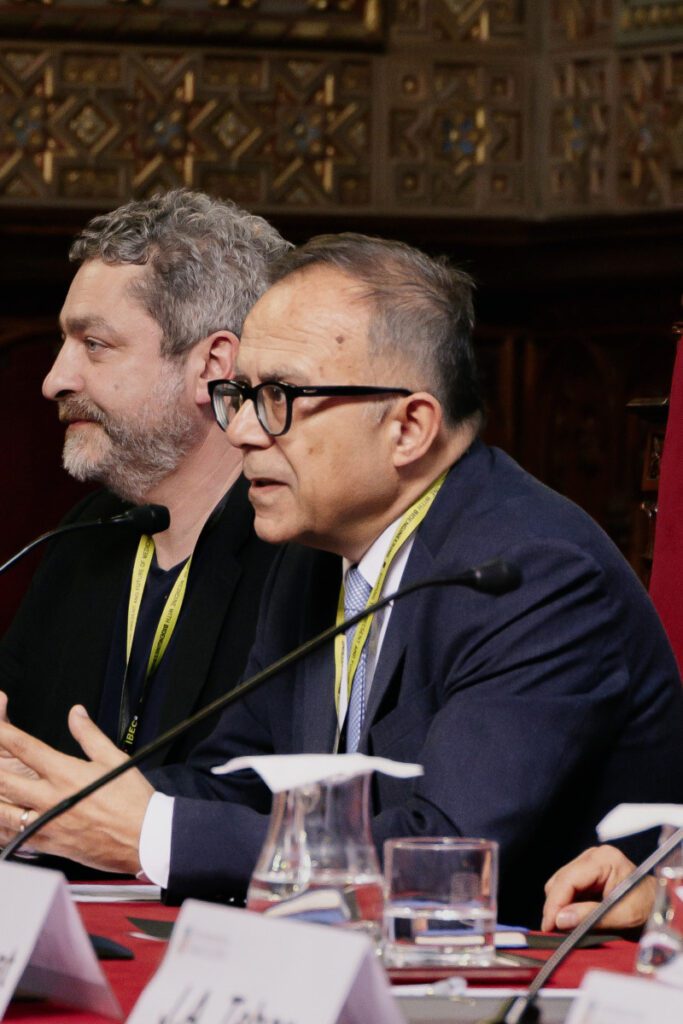
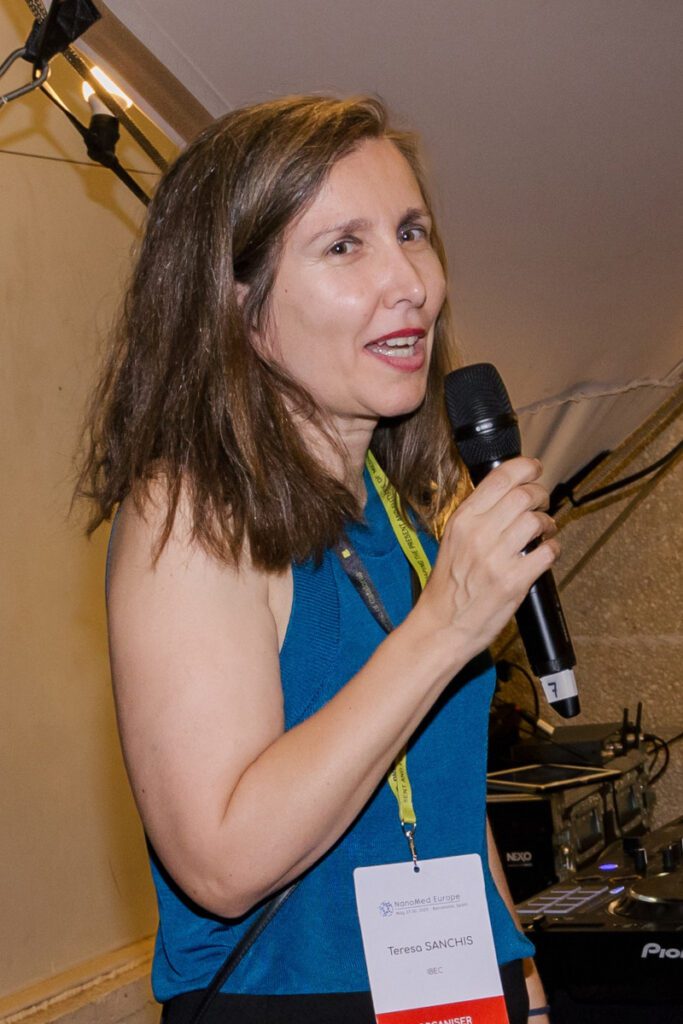
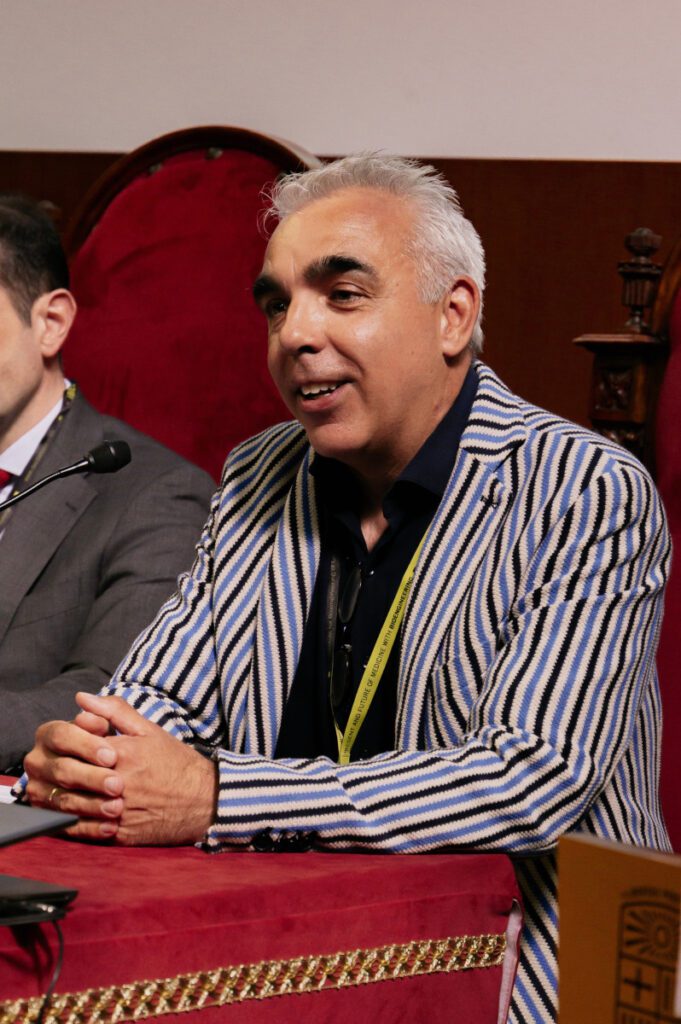
A forward-looking programme
The NME25 programme featured keynote speeches from renowned figures including Angela Nieto, Professor at the Institute of Neurosciences of Alicante (CSIC-UMH); Eric Mayes, CEO of Endomag (UK), a company specialising in surgical treatments for breast cancer; and Ana Beloqui García, Senior Lecturer and Associate Researcher at the Catholic University of Leuven (Belgium), funded by the F.R.S.-FNRS. In addition, there were parallel sessions on emerging therapies, precision medicine, medical devices, in silico nanomedicine, and advanced therapies. There were also poster symposia, innovation pitch sessions, matchmaking meetings and satellite events.
We want this anniversary to be a celebration and a platform for promoting new opportunities for collaboration, funding and knowledge transfer.
Teresa Sanchis
The event was opened by Núria Montserrat, the Minister for Research and Universities of the Catalan Government, alongside representatives from the Centre for Technological Development and Innovation (CDTI) and the ERA4Health European partnership.
“We want this anniversary to be a celebration and a platform for promoting new opportunities for collaboration, funding and knowledge transfer,” explained Teresa Sanchis, IBEC’s head of strategy and NANOMED Spain’s executive coordinator.
The Spanish scientific community takes centre stage
Spain is the European leader in nanomedicine, with the highest number of publications and competitive funding obtained. The country’s leading researchers in this field sit on the conference’s scientific committee, and there was a strong Spanish presence among the scientific presentations.
Several IBEC researchers played a prominent role during the event, moderating sessions and presenting pioneering results in fields such as tissue engineering, bioprinting, targeted drug delivery, and combination diagnosis and treatment (teragnosis).
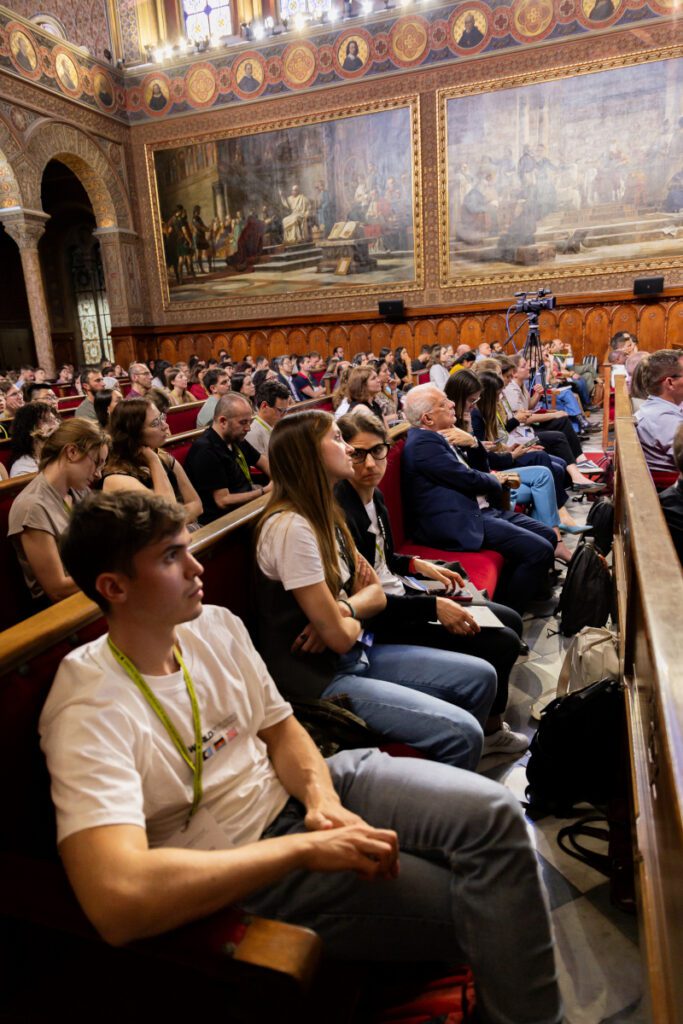
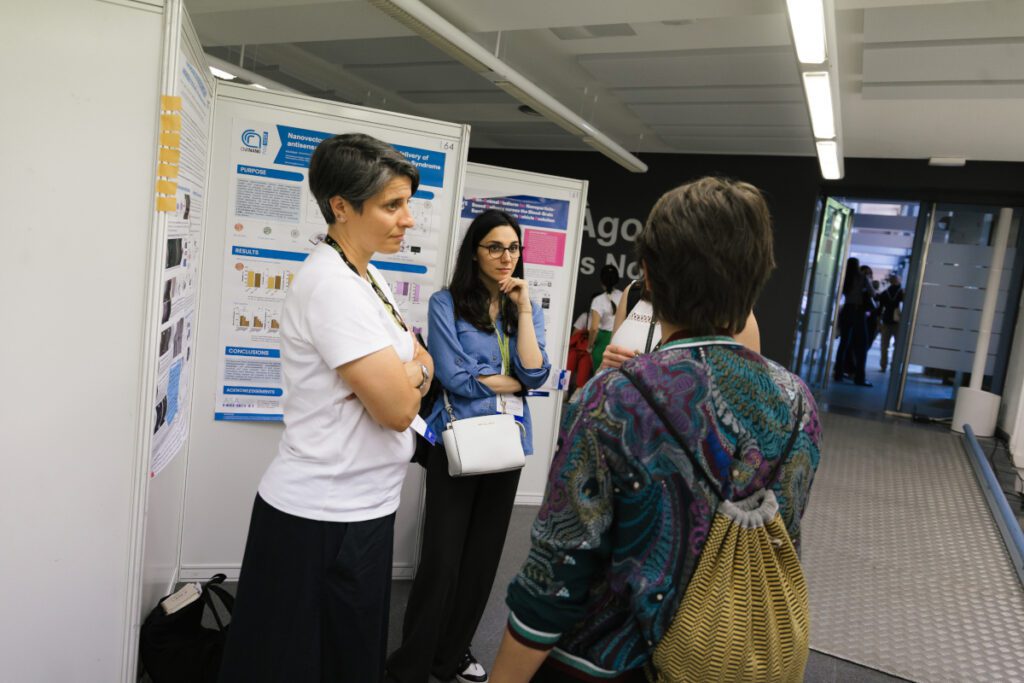
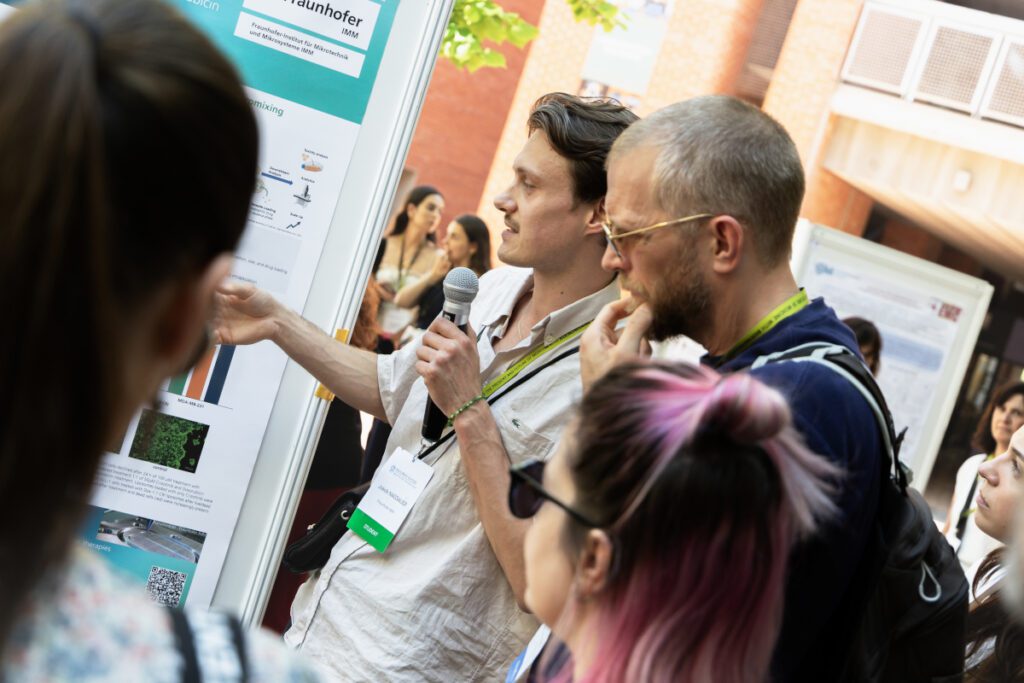
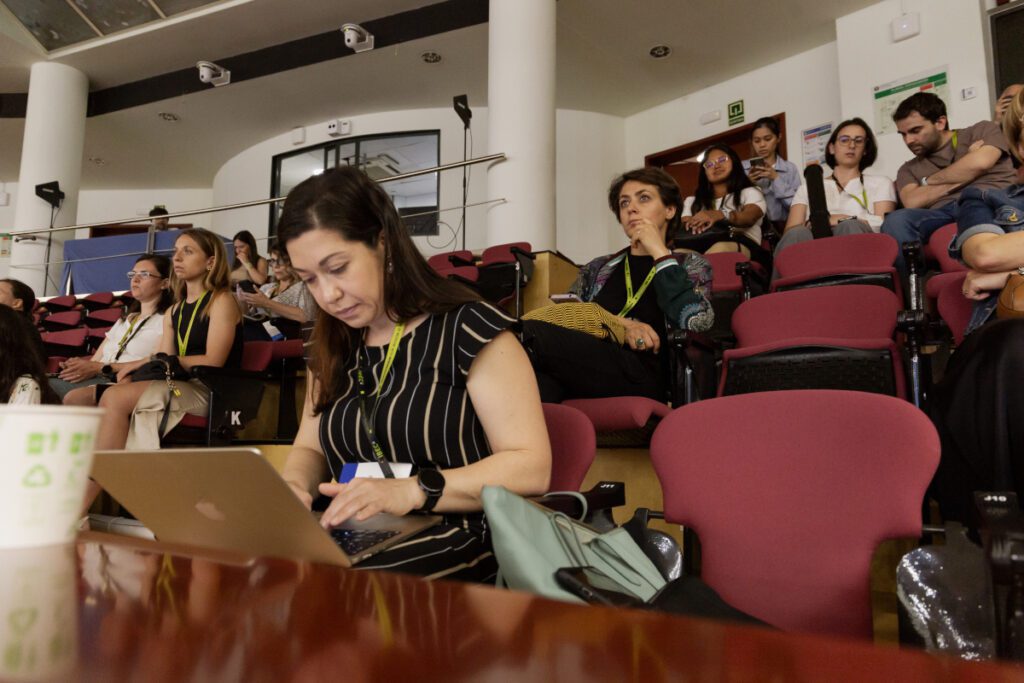
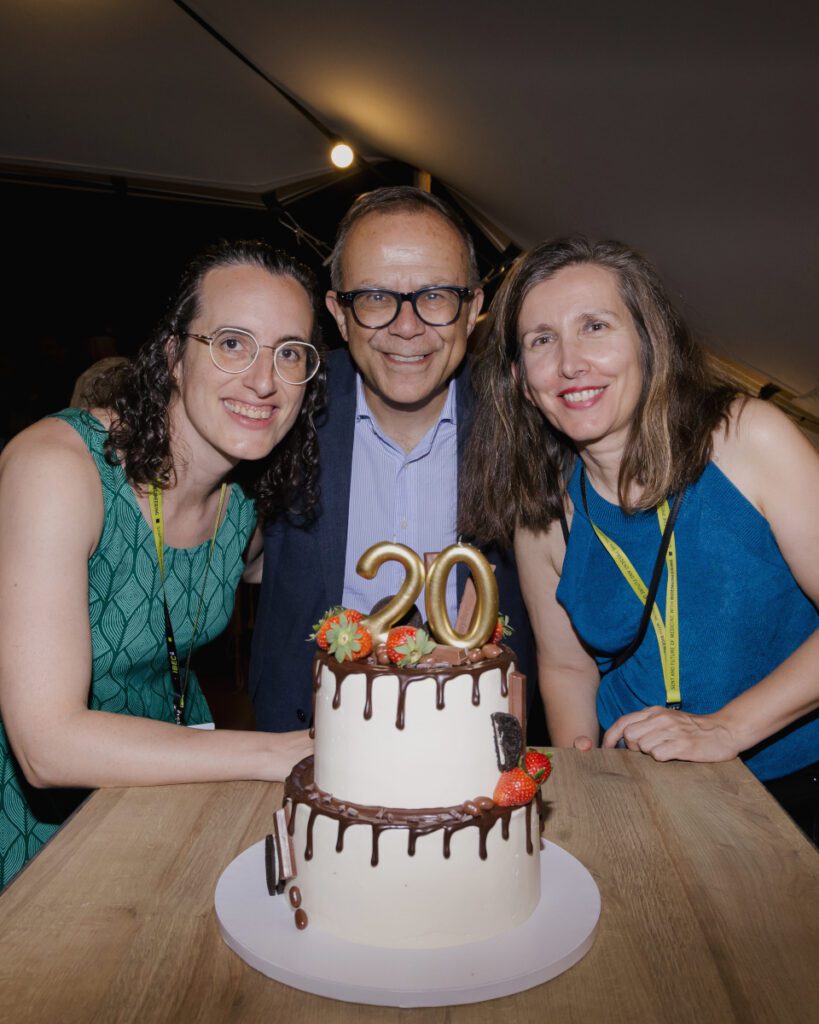
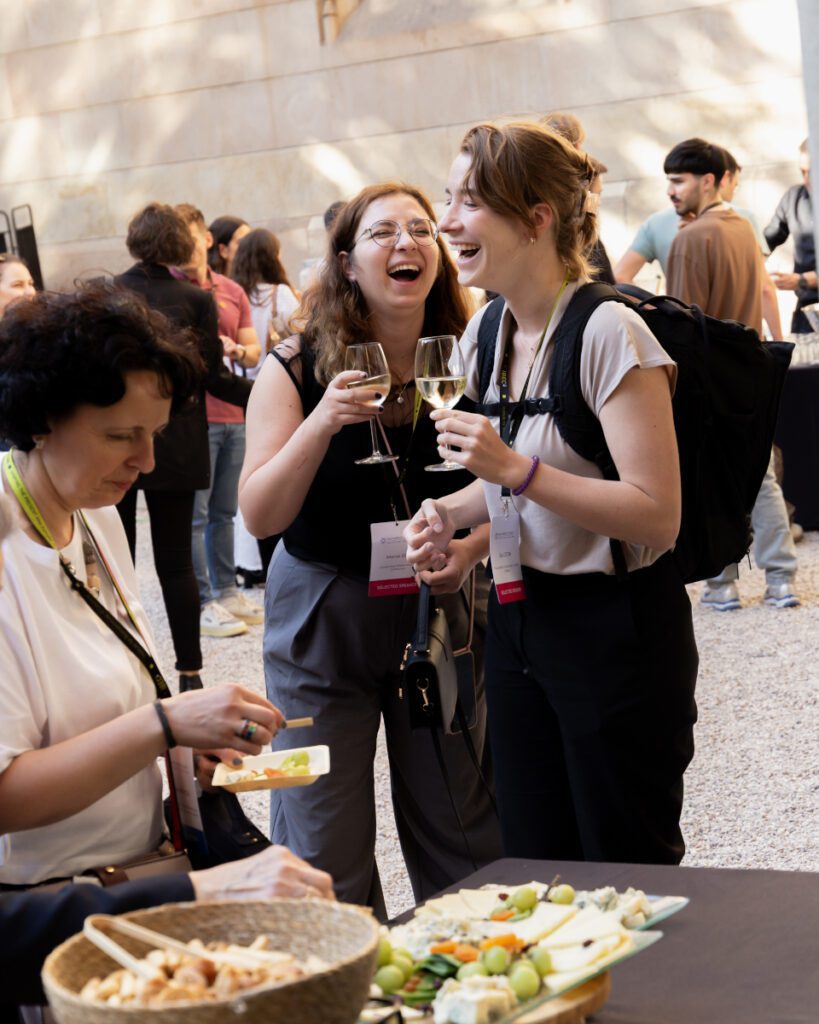
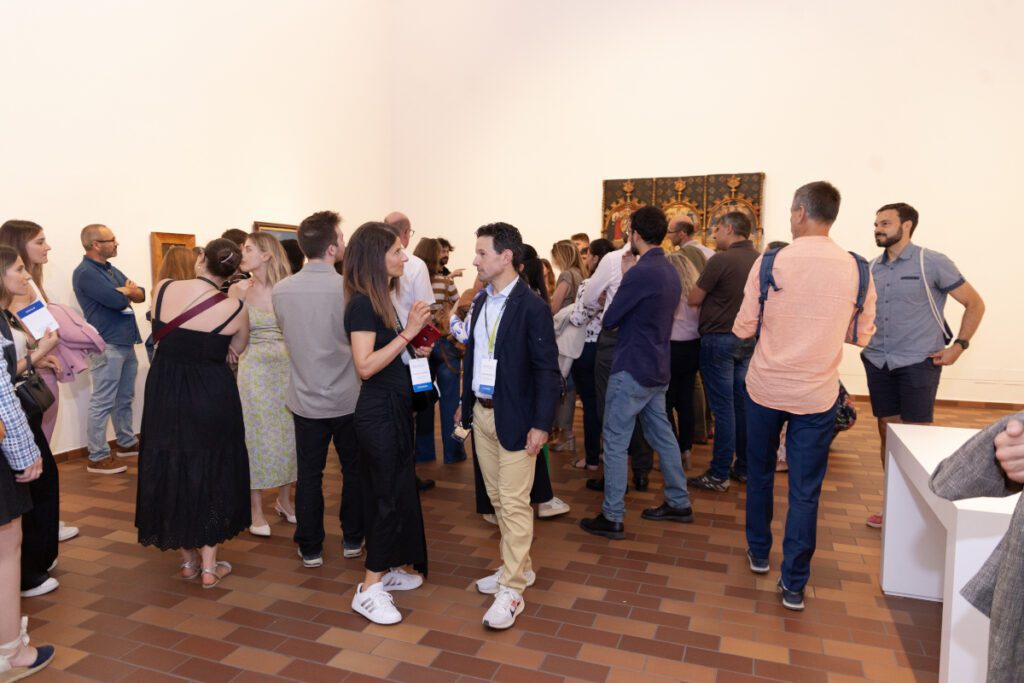
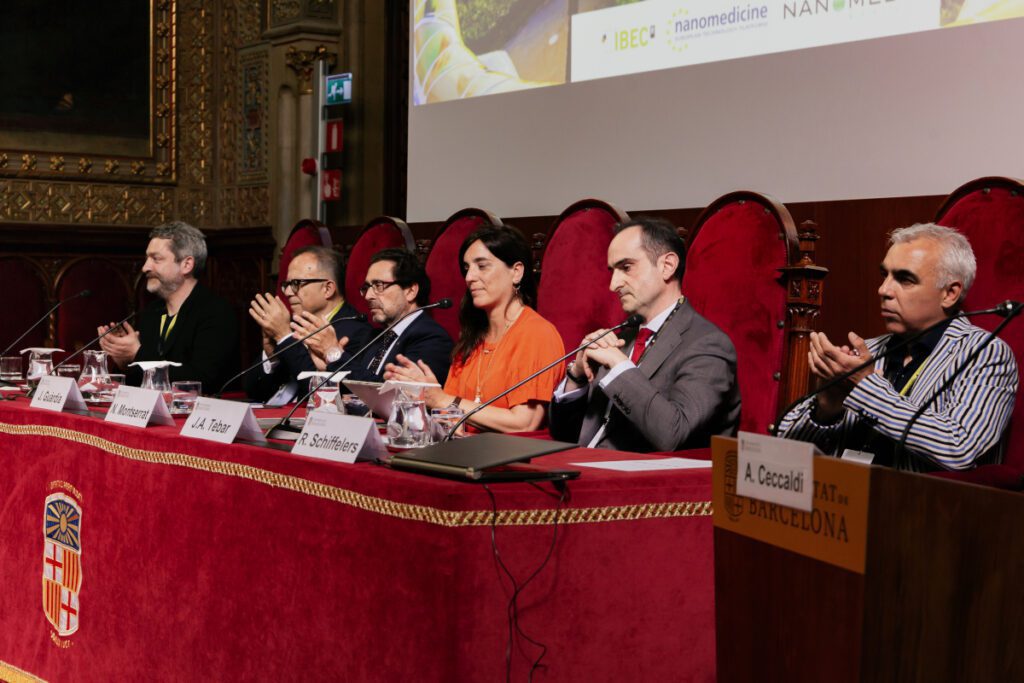
NanoMed Europe 2025 is supported by the Agencia Estatal de Investigación (Ayuda Plataformas Tecnológicas PTR2022-001298 funded by MICIU/AEI/10.13039/501100011033), the City of Barcelona, the University of Barcelona and the Polytechnic University of Catalonia.







